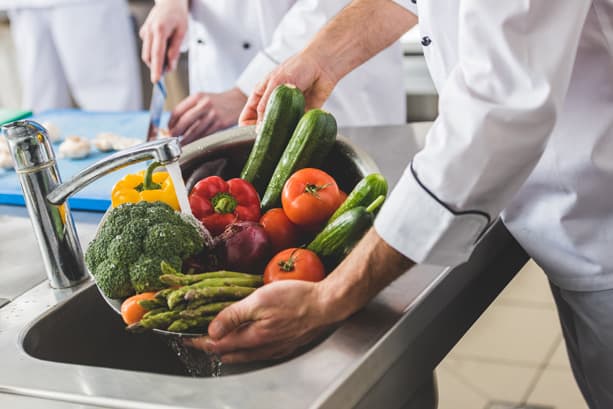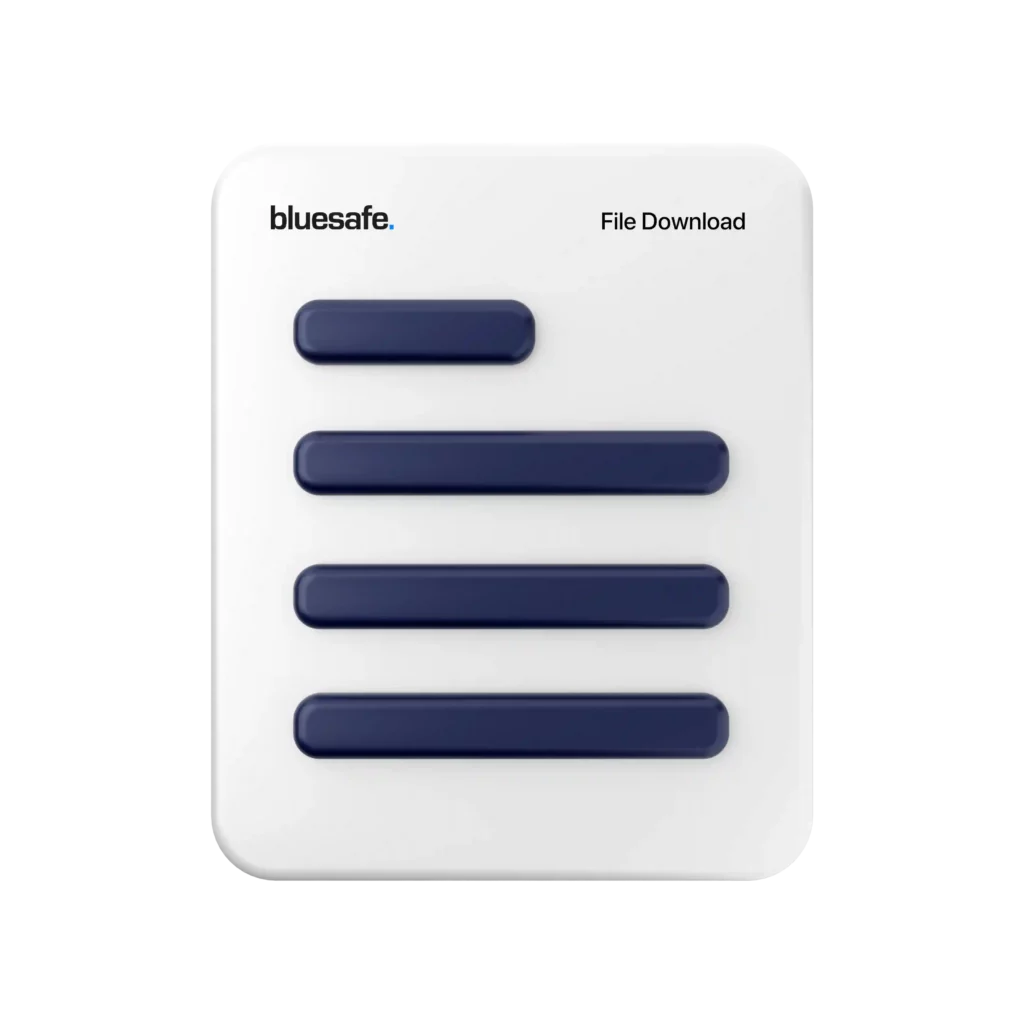First off, let’s talk about the dangers. Foodborne illness is a serious issue that can have a range of symptoms, from mild stomach upset to severe, life-threatening conditions. And unfortunately, it’s more common than you might think. Every year, millions of people around the world are affected by foodborne illness, and many of these cases could have been prevented with proper food hygiene practices.
So, what can you do to protect yourself and your loved ones from these dangers? Here are some safety recommendations that I highly recommend you follow:
- Wash your hands frequently – This is one of the simplest and most effective ways to prevent the spread of germs and bacteria. Make sure to wash your hands thoroughly with soap and warm water before handling food, after using the bathroom, and after touching any surfaces that may be contaminated.
- Keep your kitchen clean – Your kitchen is where you prepare and store your food, so it’s important to keep it as clean as possible. Clean all surfaces, utensils, and appliances regularly, and make sure to store food properly in the refrigerator or freezer.
- Cook your food thoroughly – Cooking your food to the right temperature can kill any harmful bacteria that may be present. Use a food thermometer to make sure that meat, poultry, and seafood are cooked to a safe internal temperature.
- Avoid cross-contamination – Cross-contamination occurs when bacteria from one food item is transferred to another. To prevent this, use separate cutting boards, utensils, and plates for raw meat, poultry, and seafood, and make sure to wash these items thoroughly before using them again.
- Use safe water and raw materials – If you’re using well water, make sure it’s been tested for contaminants. Also, make sure to buy food from reputable sources and check expiration dates before using any products.
- Store food at safe temperatures – Harmful bacteria can grow quickly at temperatures between 40°F and 140°F. Make sure to store perishable foods like meat, poultry, and dairy products in the refrigerator or freezer, and keep hot foods hot and cold foods cold.
These are just a few of the safety recommendations that I recommend you follow to protect yourself and your loved ones from foodborne illness. But remember, food hygiene isn’t just important in your own home – it’s also important when eating out or buying food from restaurants and other food establishments.
So, next time you’re out at a restaurant or buying food from a vendor, take a moment to consider the safety and cleanliness of the food you’re about to eat. If something doesn’t seem right, don’t be afraid to speak up and ask questions. Your health and safety should always be a top priority.
In conclusion, food hygiene is something that we should all take seriously. By following these safety recommendations, you can help protect yourself and your loved ones from the dangers of foodborne illness. So, let’s all do our part to keep our kitchens clean, cook our food thoroughly, and stay safe and healthy. Thanks for listening, and until next time, stay awesome!
Cheers,

![]()






